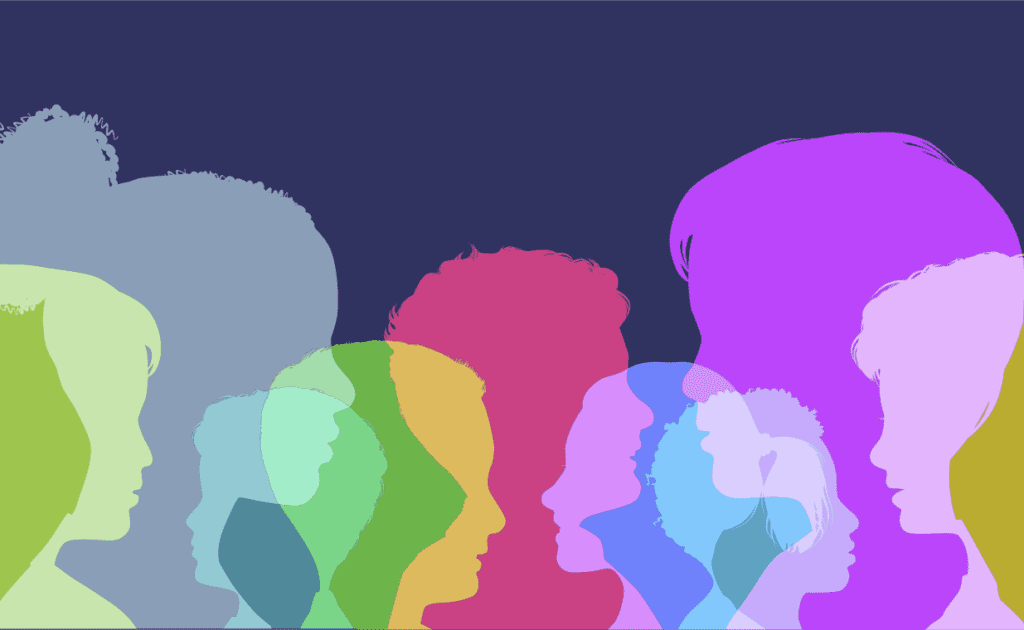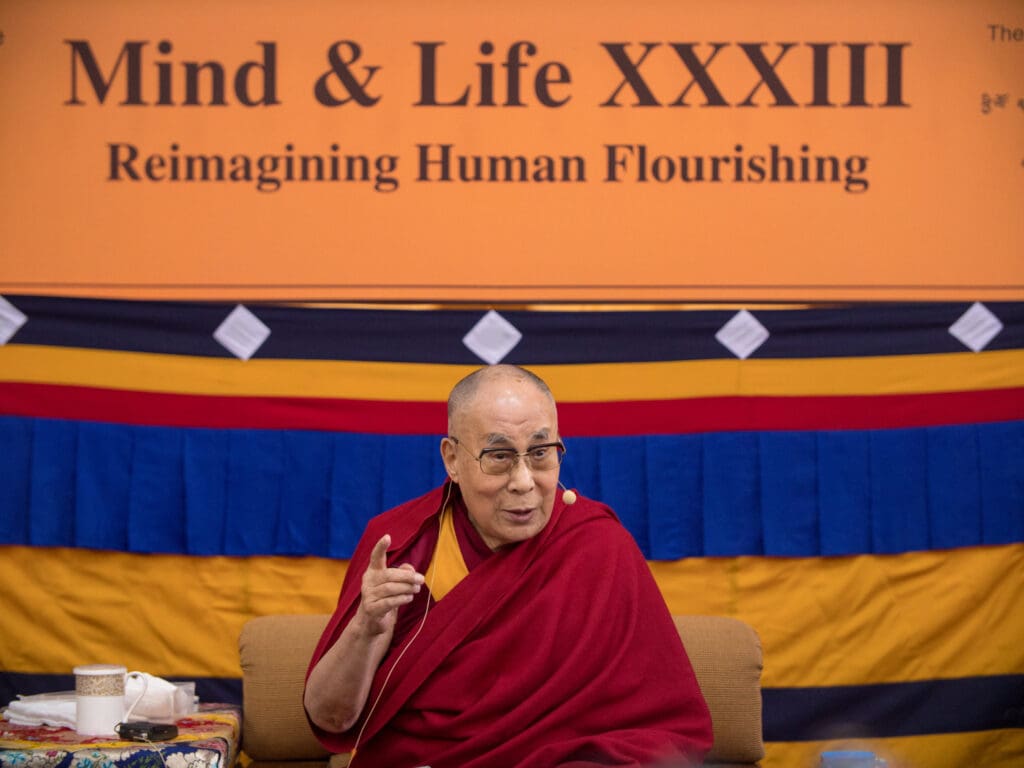
No one quite knows where education is headed in the era of COVID-19. Students grapple with when, and if, they’ll return to school this year, while teachers struggle to master online instruction. Parents, too, stress over how to support kitchen table learning, while working from home.
And it’s not just about when and how schools will start back up. Members of Generation Z, young people between the ages of 11 and 25, and Generation Alpha, those born from 2010 to 2024, will experience a world profoundly transformed—economically and socially—by the virus.
How will educational systems respond in preparing students to navigate uncertainty, manage challenging emotions, and understand their roles and responsibilities in an interconnected world? What can schools do to help teachers manage stress? A new Mind & Life Institute resource, “Education of the Heart,” offers insights and inspiration from leading scientists, scholars, and educational practitioners on how to meet these and other pressing needs.
The multimedia site summarizes presentations and discussion from Mind & Life’s 33rd Dialogue with the Dalai Lama held in Dharamsala, India in 2018. The Dalai Lama has long advocated for educating the heart through social, emotional, and ethical learning that stresses inner values: compassion, kindness, forgiveness, peace.
As Robert Roeser, a developmental and educational psychologist at Pennsylvania State University notes in the site’s Afterword, the Dialogue “touched upon the profound need for a wider re-imagining of the aims and practices of education in ways that place human flourishing at its center, at its heart.”
The Dialogue “touched upon the profound need for a wider
re-imagining of the aims and practices of education in ways
that place human flourishing at its center, at its heart.”
Presenters underscored tremendous strides made in social and emotional learning (SEL) over two decades while exploring new generation programs and approaches designed to cultivate attentional skills, systems-thinking skills, and ethical virtues like kindness and compassion among students. Beyond student learning, presenters made clear that parents, teachers, and school systems were all integral to educating the heart.
Such “SEL 2.0” principles, as Roeser writes, aim “to prepare young people to succeed not only as workers in the global economy, but as engaged citizens wanting to be forces for good—working toward individual and collective flourishing in the face of serious global challenges: economic inequality, social division, and climate change.”
With COVID-19 causing massive disruption on a global scale, the Dialogue’s message is even more timely. “This crisis shows us that we are not separate from one another even when we are living apart,” the Dalai Lama recently shared. “We all have a responsibility to exercise compassion and help.”
Indeed, major crises often prompt more prosocial behaviors and can result in longer term changes in how people behave and relate to one another, wrote Max Fisher in a recent New York Times article.
Could the current environment both spur demand for and the adoption of educational approaches that reinforce social, emotional, and ethical learning among students? Much is left to be seen yet initiatives like “Education of the Heart” help reinforce what’s possible and already happening around the globe.
To amplify stories of positive change, Mind & Life invites visitors to the digital dialogue to email communications@mindandlife.org with how they are working to advance an education of the heart. We look forward to sharing these stories in the future.

Robert Roeser, PhD, MSW
Pennsylvania State University
Convening Faculty, Planning Committee Member, Research and Programs Council Member, Reviewer



